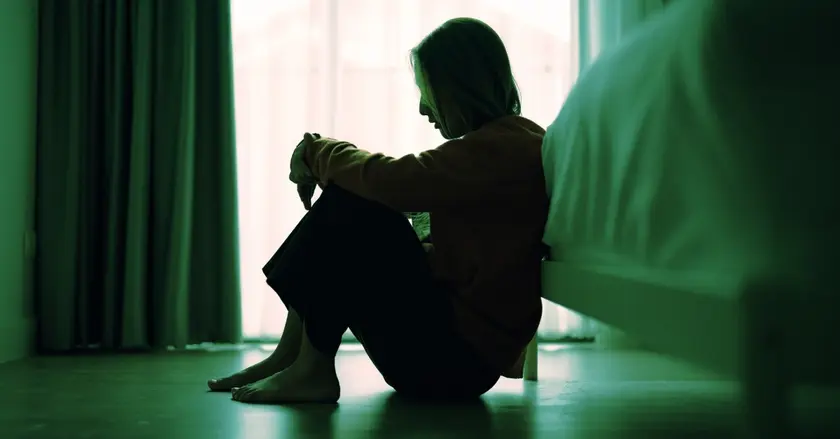T4K3.news
Stroke at 23 reshapes views on young heart health
A 23-year-old on holiday in Portugal suffers a stroke, later linked to a hole in the heart.
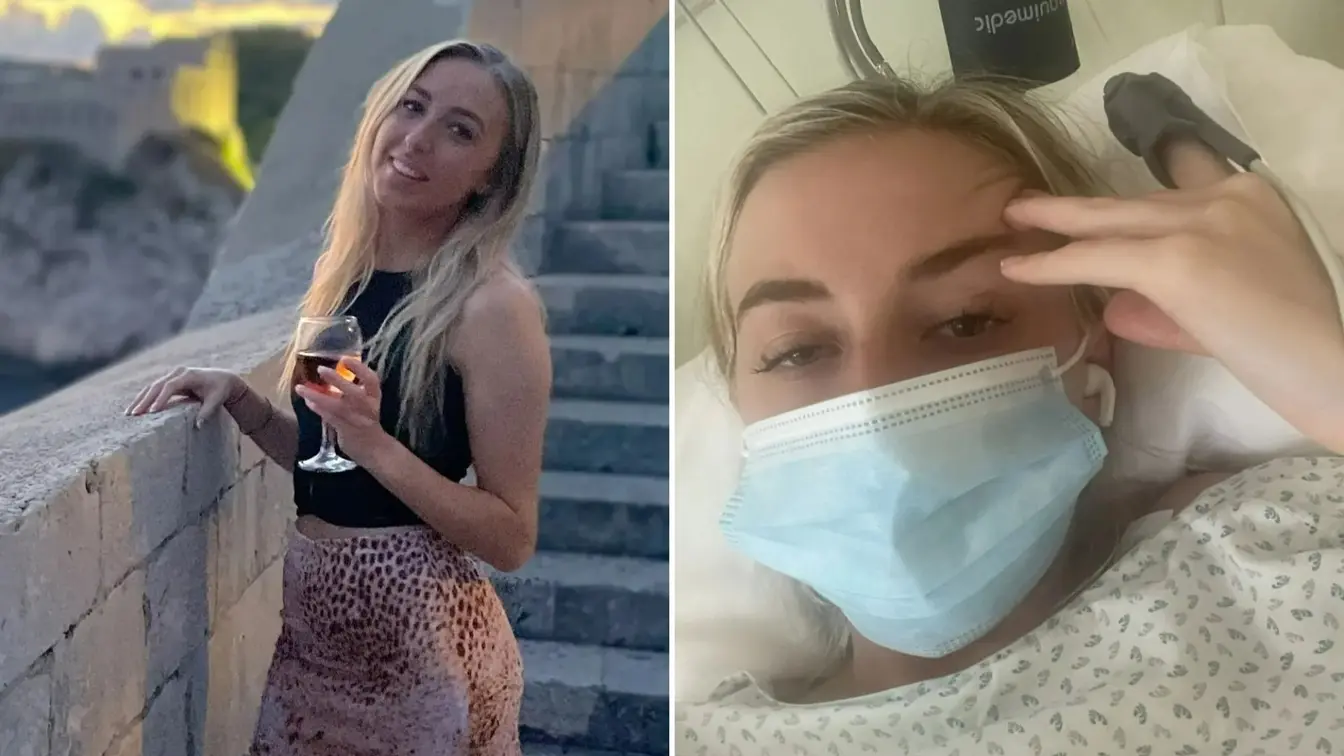
A 23-year-old on holiday in Portugal suffers a stroke, initially misattributed to drink spiking, later linked to a congenital heart hole.
Stroke at 23 reshapes views on young heart health
On August 7, 2022, Alicia Kember woke in a villa in Portugal with a sudden dizzy spell and collapsed. Friends called an ambulance as she drifted in and out of consciousness. Initial medical checks suggested she had drunk too much, or was unwell from heat or infection, and doctors considered a holiday related cause. She was admitted to A&E, then given CT and MRI scans that revealed a stroke affecting the cerebellum, which controls balance and coordination. She spent weeks in ICU and then in a neuro-rehab unit, where therapists helped her relearn to walk, grip a pen, and climb stairs. Recovery was slow, and she faced fatigue and heightened sensitivity to noise and light as she regained function. In the UK and Portugal, doctors stressed that strokes in young people are rare but serious, underscoring the need for swift medical care when symptoms arise.
A year later, after further tests, Alicia learned the stroke had been caused by a patent foramen ovale, a hole in the heart present since birth that can raise stroke risk. She underwent treatment to close the hole and began a new phase of recovery. Now living in London with a close circle of support, she continues to manage fatigue and the emotional impact, and she speaks openly to help other young people feel less alone.
Key Takeaways
"I had a patent foramen ovale - a hole in my heart since birth"
Alicia explains the diagnosis that changed her prognosis
"It was another shock to come to terms with, another blow at a young age"
Alicia on the emotional impact of the diagnosis
"Recovery is possible, both physically and emotionally"
Her outlook on post-stroke life
"I am grateful to share what I went through to help others"
Advocacy and outreach
This story exposes a common trap: young patients and even well-meaning clinicians can misread sudden stroke symptoms as alcohol or heat illness. That misdiagnosis can delay treatment that matters for brain recovery. It also highlights how health systems rely on a mix of luck, thorough testing, and patient advocacy to uncover rare causes, like a heart hole that should have been considered earlier. Public health messaging often lags behind personal experiences, so survivors who share their journeys can boost awareness and push for better screening after serious events. The emotional toll is real too; recovery means not just restoring movement but rebuilding identity and daily life with support networks.
Highlights
- Stroke doesn’t check age
- A holiday turned into a wake up call for health
- Recovery is a long road body and mind
- A hole in the heart can change a life forever
Health stories like this remind us that readiness and empathy in care settings matter as much as medical know‑how.
Enjoyed this? Let your friends know!
Related News
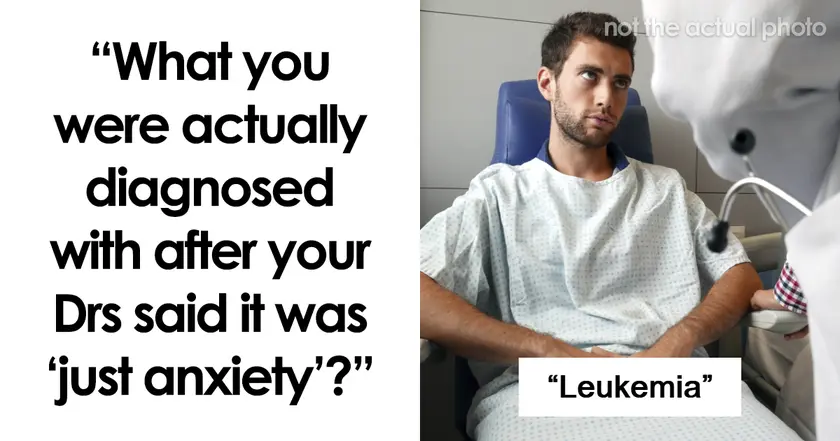
Medical gaslighting in focus
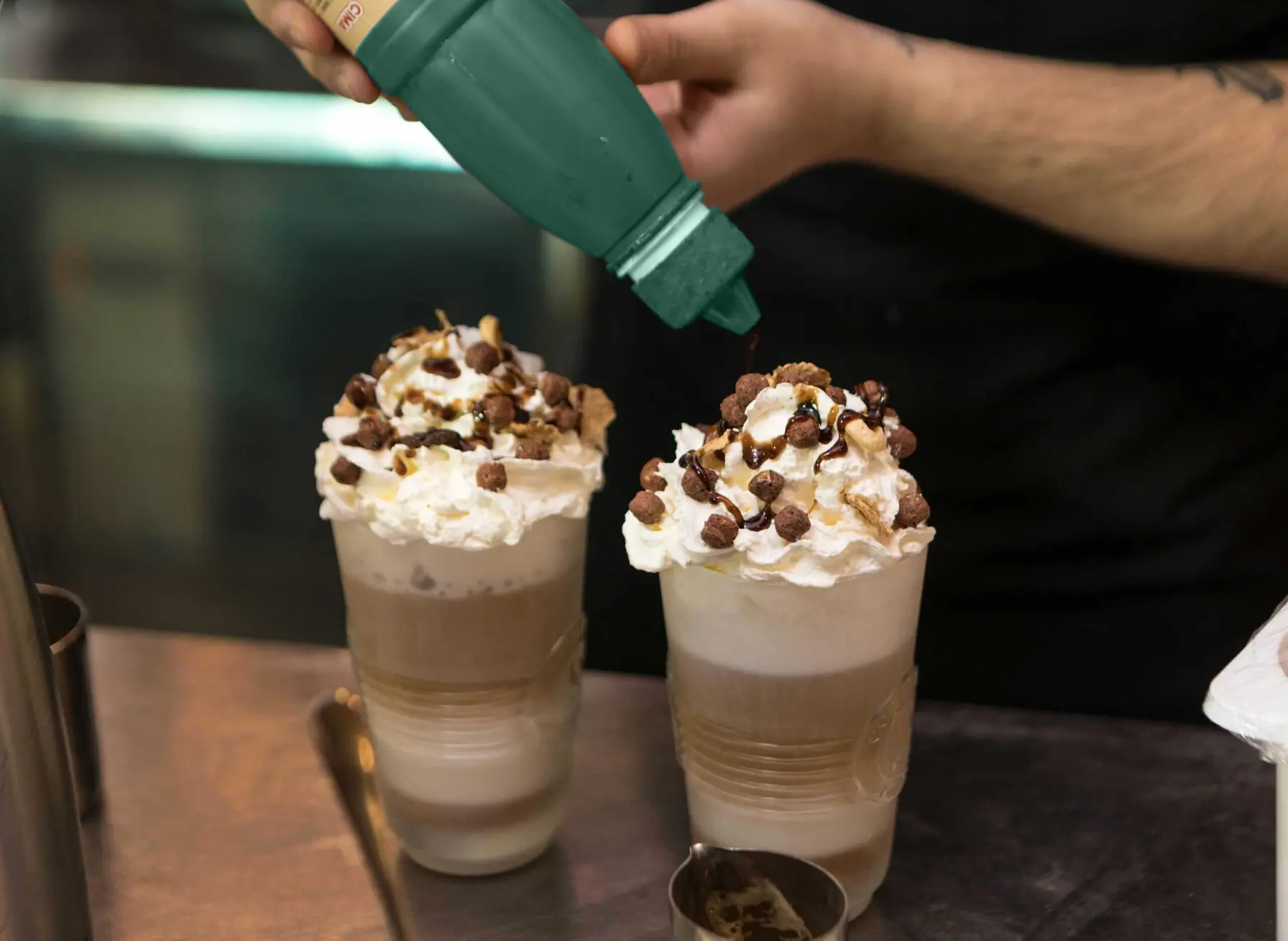
High Fat Meal Impairs Brain Blood Flow

Research links bright night lights to heart issues
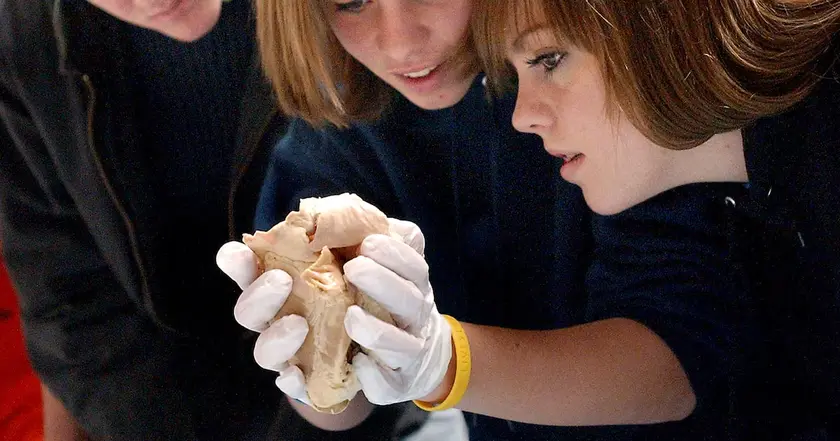
New heart age calculator launched by Northwestern University
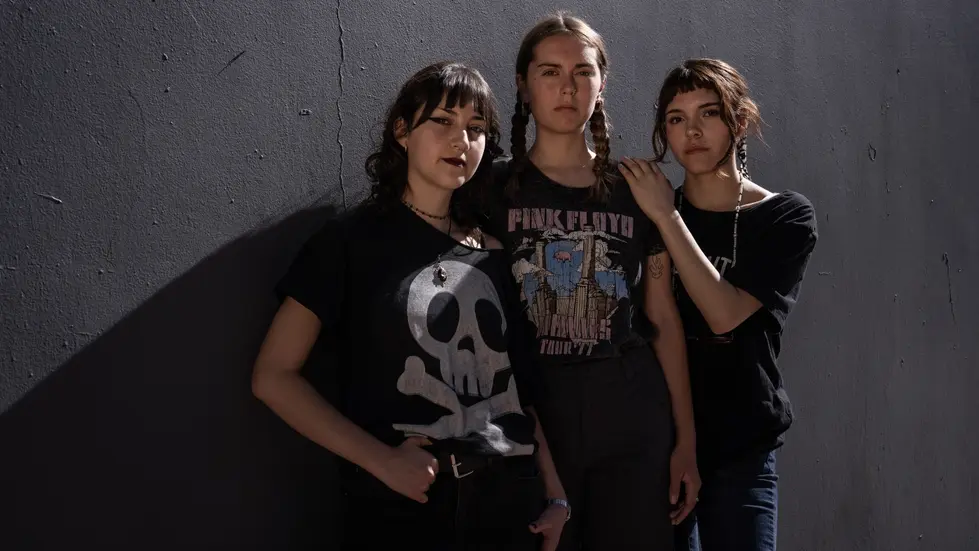
Chile's birthrate drops to record lows

Young woman dies after refusing cancer treatment

Mother fights to save her daughter from mental illness
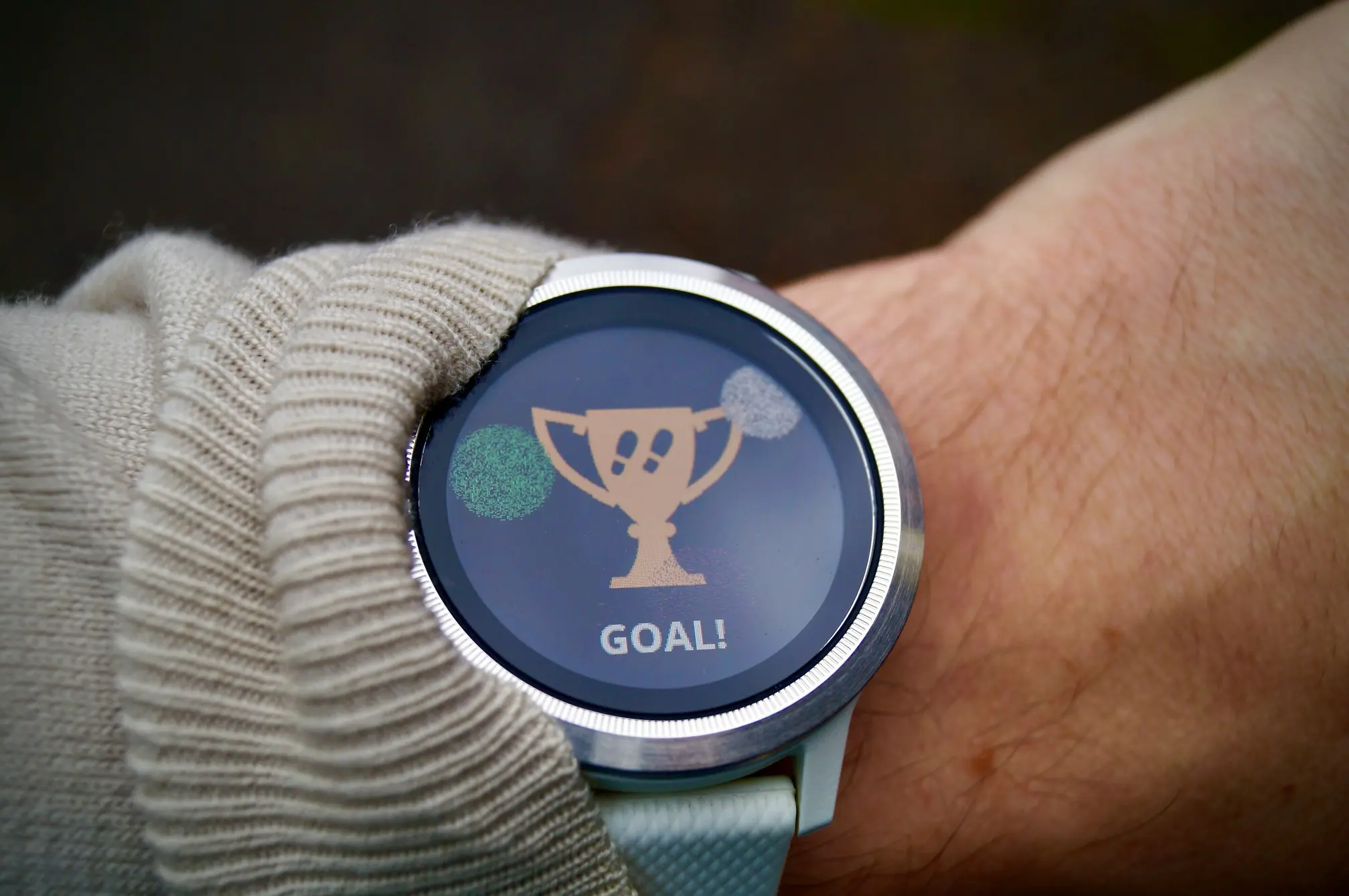
More steps linked to reduced heart disease risk
